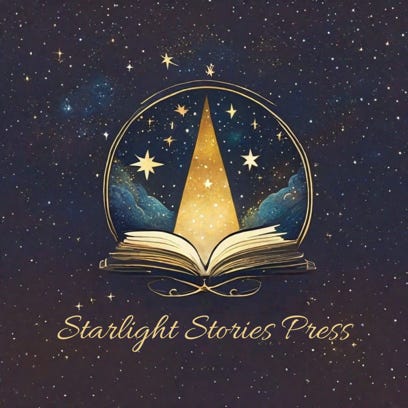
The Two Biggest Suspicions People Have About Authors

Sara Crummett Marx
03/25/2024
First, that the main character is actually you.
Well, you’re not entirely wrong here.
I don’t think it’s much of a stretch to say that many authors use their own voice in some regard while telling a story. Suppose a main character runs over Bigfoot with a monster truck. While I have never piloted an oversized truck (!) nor do I have Bigfoot experience outside the narrow parameters of Ambien-induced late-night watching of the Travel Channel, inserting my own reactions and expectations creates a softer landing (and credibility) for the reader. Writers do this all the time to make the absurd more believable.
Actors do this all the time—creating a “bridge.” This method bridges the actor’s personal trauma/fear/sadness/elation for an authentic reaction to whatever is happening on stage or screen. Do it well, and it works. What are writers but actors with pens?
Writing about oneself isn’t limited to memoirs and true stories. Self provides perspective and authentic responses in character building. Writers of fantasy and sci-fi often depend upon self to create credible characters living in seemingly impossible worlds, dealing with incredible situations. Writers of romance who effectively employ self can create layered, passionate characters. As a writer of primarily women’s fiction and rom-com, employing self hopefully provides my readers with depth and relatable main characters. Hopefully.
A possible risk of writing about oneself is that the work potentially sounds the same. It’s something to watch when writing in third person omniscient, and it's a mistake I have made when writing scenes between best friends, siblings, or mother and daughter. But it’s done well every single day, so be aware of it, but don’t sweat it.
Secondly, people think they’re in my books.
I get this a lot, do you?
My mother thinks I always kill her off. My wife thinks she’s always the bad one. My friends recognize their own characteristics. I could go on.
Well, you’re not entirely wrong here.
The people who contribute texture to our lives may show up from time to time when building believable towns, friend groups, and people with quirky habits. I believe this is mostly unintentional, and if it’s not, I recommend just double-checking that you changed the character’s name before it hits print. I once left the name of a particularly nasty little jerk in a book I wrote and noticed it only after it had gone to publication. Steven (not going to use the whole name a second time, did I learn nothing?) starred himself, and do I really care? I doubt he ever read a rom-com, but it wasn’t my best move. Also, that’s why God made pen names, lesson learned.
The bottom line is (at least for this week—I flex) don’t change your work to please every single person in your world just because you’re afraid they’ll recognize themselves or think you’re a narcissist. You’re not. Such fears slow the writing process like speed bumps in a gated community.
Writers wanna write, so do it. Writing about self, friends, places, etc. is freeing and cheaper than therapy. I should know. I’m no Taylor Swift, but I got a handful of Blank Spaces, baby…
(But) I’ll (not) write your name.
Cheers and Starlight!
Sara
In my ears: (You couldn’t guess?)
On my nightstand: Riley Sager’s The House Across the Lake (jeepers, it’s good and creepy!)
Get in touch. For all non-submissions and press inquiries, please contact: hello@starlightstoriespress.com
© 2024, Starlight Stories Press.

